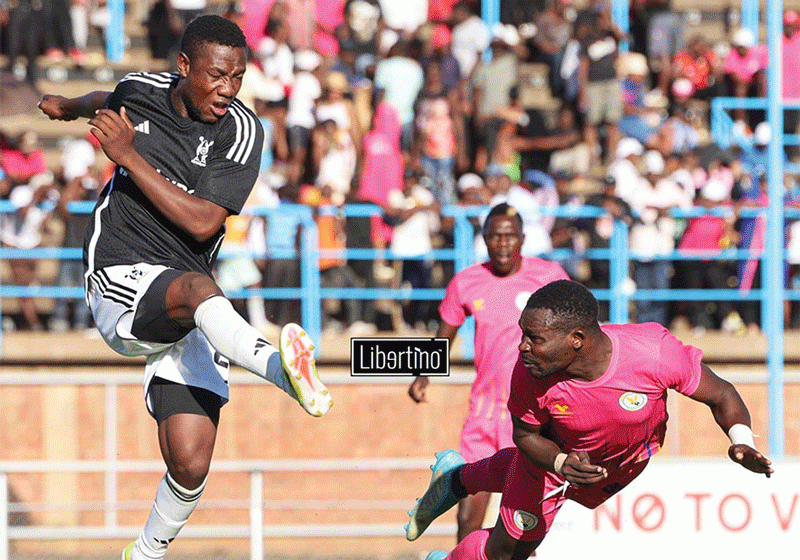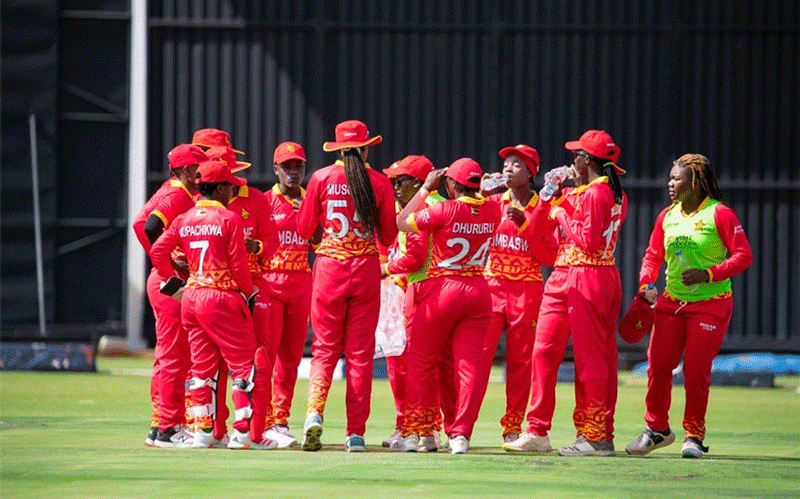
BUDAPEST – Referees are routinely criticised for having poor eyesight, lacking fitness and getting decisions wrong but FIFA medical experts want whistlers tested for performance-enhancing drugs.
Top class and international match officials are already subject to stringent fitness tests and while there was no indication doping was an issue, delegates at FIFA’s medical congress were told on Thursday referees could come under the same kind of doping scrutiny as players.
“We have to consider referees as part of the game,” FIFA’s chief medical officer Jiri Dvorak told delegates on the second day of the FIFA medical conference in Budapest.
“We have started to discuss this and this is something for the future which will be discussed to include possibly an anti-doping programme for referees.
“We do not have an indication that this is a problem but this is something we have to look at. The referees are a neglected population.”
Michel D’Hooghe, the long-standing chairman of FIFA’s medical committee, added: “The referee is an athlete on the field so I think he should be subjected to the same rules.”
Howard Webb, who refereed the 2010 World Cup final, said any measures to show soccer was free of drugs was fine by referees.
“I don’t think it’s an issue for any of us because we are not in competition as such,” said Webb. “If it is something FIFA want to do we are fine with that. If it shows that everyone involved in the game is absolutely clean, that is how it should be.”
- Chamisa under fire over US$120K donation
- Mavhunga puts DeMbare into Chibuku quarterfinals
- Pension funds bet on Cabora Bassa oilfields
- Councils defy govt fire tender directive
Keep Reading
David Howman, the World Anti-Doping Agency’s director general, also told the conference that rules might change to allow players from team sports who are banned for doping offences to return to training, though not playing, earlier.
“We are looking for ideas on how reductions and early return to training can be done,” he said.
D’Hooghe added that players in team sports were hit harder by drugs bans than individual athletes, who are still able to train and return fit to competition when their bans end.











